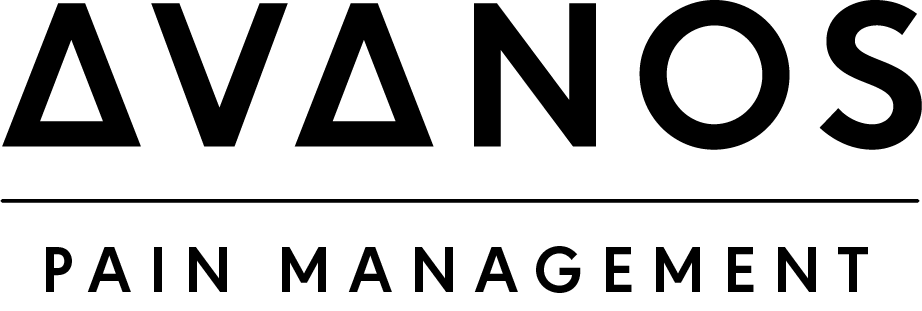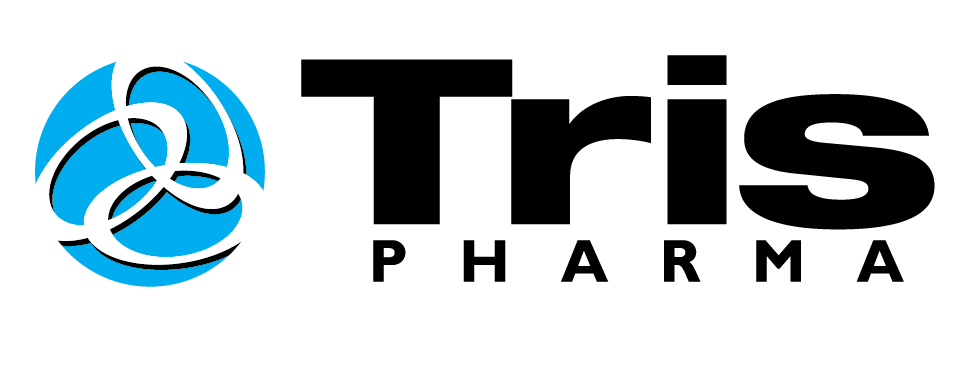Non-CME Ancillary Events
ASRA Pain Medicine has provided space for these non-CME ancillary events. The programs were independently produced, not subject to review by ASRA Pain Medicine, and are not part of the scientific/educational program offered by ASRA Pain Medicine.
Thursday, 12:15-1:00 pm
Lunch Included, Gatlin B
A New Oral Therapy for Treating Moderate-to-Severe Acute Pain
Faculty: Jacob Hutchins, MD, MHA, University of Minnesota Medical Center
/vertex-logo33aae4c4-de70-4af6-882b-f16ce16975df.png?sfvrsn=fc7fd82c_1)
Friday, 7:00-7:45 am
Breakfast Included, Gatlin D
Beyond Opioids: Exploring the Benefits of Continuous Peripheral Nerve Blocks and Reimbursement Updates with the NOPAIN Act
Faculty: David Auyoung, MD, Virginia Mason Franciscan Health; and Gregory V. Hickman, MD, FASA, Andrews Institute ASC

This educational session will focus on alternative post-surgical pain management strategies, specifically continuous peripheral nerve blocks (CPNB), and their advantages in reducing opioid reliance and improving patient outcomes. We will cover the latest reimbursement updates, highlighting the NOPAIN Act, which aims to improve access and reimbursement for non-opioid pain management therapies. There will also be an opportunity to explore additional Avanos resources and clinical study updates.
Friday, 12:15-1:00 pm
Lunch Included, Gatlin D
One Push for 48 Hours of PONV Prevention
Faculty: Randy Robbins, MD, Valiant Anesthesia Associates, PLLC
/heron-logo-2.26.24.jpg?sfvrsn=c6bec30f_1)
Postoperative nausea and vomiting (PONV) is a major cause of patient dissatisfaction after surgery. Poorly managed PONV can lead to clinical complications and increased costs to the patient and to the healthcare system. Even when treated with ondansetron or other antiemetics, more than 30% of patients still experience PONV. At this symposium, you will learn about a proven, effective antiemetic with a 48-hour duration of action, ideally suited to use as the foundation of a multimodal approach for patients at moderate-to-high risk of developing PONV. RSVP here.
Friday, 12:15-1:00 pm
Lunch Included, Gatlin B
Break the Mold in Pain Biology: Can We Harness a New Mechanism to Overcome the Current Shortfalls in the Management of Severe Acute Pain?
Faculty: Roberto Ciccocioppo, PhD, University of Camerino, Italy; and Jeff Gudin, MD, University of Miami, Miller School of Medicine

The discovery of the nociceptin/orphanin FQ peptide (NOP) receptor marks new possibilities in the treatment of pain. Research has demonstrated that dual NOP/ µ-opioid peptide (MOP) receptor (dual-NMR) agonism provides potent analgesia with significantly fewer side effects compared to selective MOP agonism. Learn more about the promise of dual-NMR agonists to treat various pain types with limited risk, potentially addressing both the opioid crisis and the problem of undertreated pain.